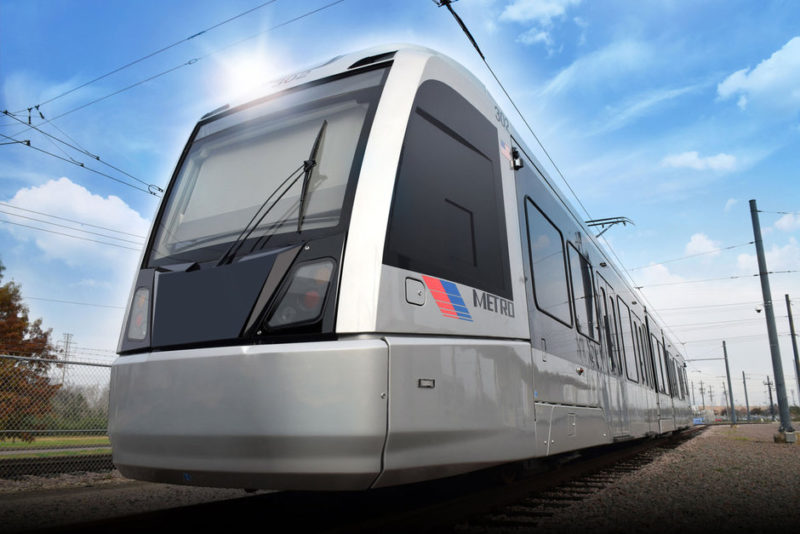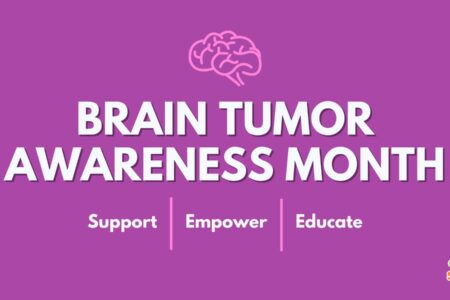
Share On Social!
Cities are currently striving to understand how mass transit connects to health, economic opportunities, and overall equity. The Center for Neighborhood Technology and TransitCenter, a nonprofit foundation dedicated to improving urban mobility, have released the AllTransit interactive database.
Billed as “the largest source of connectivity, access, and frequency data in America,” the site utilizes data from 805 of the largest transit agencies in the country. The tool overlays the data with information about jobs, demographics, and even the location of farmer’s markets. The database provides a wealth of information on how transit serves communities.
One of the metrics that AllTransit offers is the AllTransit Performance Score, an index based on transit connectivity, access to jobs, and frequency of service. Major metropolitan cities such as New York, San Francisco, and Boston scored well on the index. Houston, however, fared less well. The fourth largest city in the United States ranks 34th out of the 73 U.S. cities with populations greater than 250,000. Houston sits behind Dallas (31), Miami (11), Los Angeles (20), Atlanta (25), and New Orleans (29).
Houston (44% Latino population) has 208,269 jobs that are accessible within a 30-minute transit commute for average households. This number is fewer than Atlanta and Orlando. The data determined that transit is not always easy for Houstonians trying to get to work. Houston is also affected by its large size relative to other cities.
“Large parts of Houston have no transit service whatsoever, and those are probably dragging down the average,” James Llamas of Traffic Engineers, Inc., which worked on METRO Houston’s new bus route overhaul. “Statistics that use city limits are practically incomparable between cities.”
The Center for Neighborhood Technology envisions the database as a resource for researchers, advocates and residents, as well as elected officials and businesses, who can analyze the data and create their own visualizations.
Read more about the story here.
Share this story on Twitter: A new tool helps users make the connection between transit and economic and health equity. #SaludAmerica http://salud.to/28ZRz2Z @SaludToday
Explore More:
Healthy Families & SchoolsBy The Numbers
142
Percent
Expected rise in Latino cancer cases in coming years



